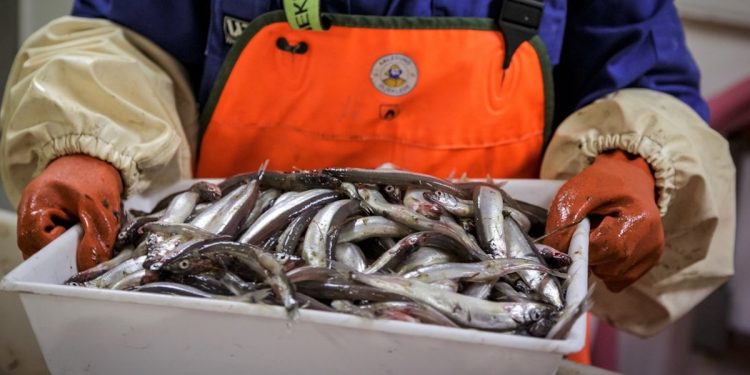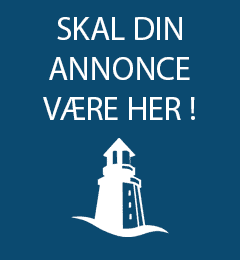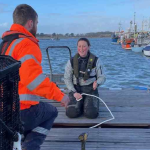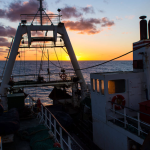ICES has recommended that there should be no fishing for capelin in the Barents Sea next year. In compliance with the Norwegian-Russian harvesting regulation, the Norway-Russia Fisheries Commission will set a zero quota.
Acoustic survey work in the Barents Sea is the key tool for evaluating the state of the stock, and researchers at the Institute of Marine Research estimate a spawning stock of capelin at 545,000 tonnes. Taking into account predation by cod and other species, as well as other factors, the researchers have to forecast how much will be left by 1st April – and for next year the outlook isn’t seen as strong enough to support a fishery.
‘The lower limit for being able to harvest the stock is set at 200,000 tonnes. It is only 27% probable that the spawning stock will stay above this limit, even without fishing,’ explained Bjarte Bogstad at the Institute of Marine Research.
‘Russia and Norway aim for capelin to be primarily food for other animals in the ecosystem in the Barents Sea. If there is a potential surplus, then we can will fish for it.’
Norwegian vessel operators’ federation Fiskebåt is critical of the decision and has questioned whether this year’s survey was suitably exhaustive that its results can be relied on, as survey work on the Russian side was delayed this year. ICES has responded that this year’s survey coverage has not been complete, but examination of past year classes is enough to provide a picture of the stock and as a basis for its recommendation.
According to ICES, even with a 20% leeway added to the survey results, calculations show that the spawning stock could still fall below 200,000 tonnes
The survey work has shown some positive indications, and the 2019 year class is the strongest since 2012.
‘Fiskebåt has requested that the Norwegian authorities bring up capelin management at the Norwegian-Russian Fisheries Commission, which meets this week,’ said Fiskebåt resource analyst Gjert Dingsør.
Fiskebåt wants the results of the results of a final survey to be used in setting the quotas, with this survey carried out in co-operation with Russia.
‘It takes time to put in place a new management plan and it is therefore important that Norway and Russia now start talks now on how this should be designed,’ Gjert Dingsør said.

























